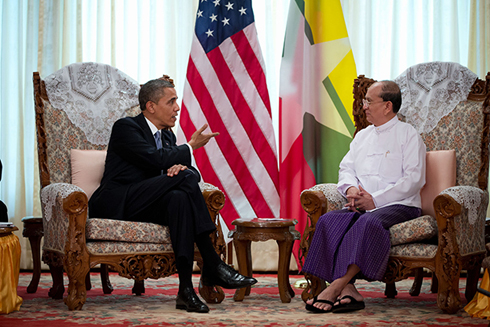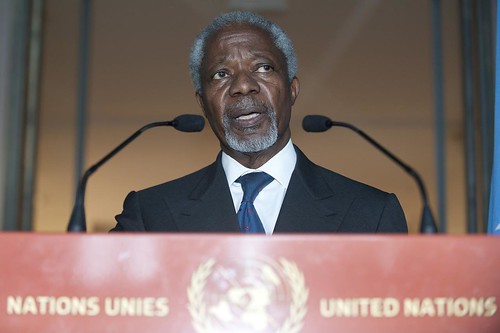
NEW YORK – The sharpening international geopolitical competition over natural resources has turned some strategic resources into engines of power struggle. Transnational water resources have become an especially active source of competition and conflict, triggering a dam-building race and prompting growing calls for the United Nations to recognize water as a key security concern.
Water is different from other natural resources. After all, there are substitutes for many resources, including oil, but none for water. Similarly, countries can import fossil fuels, mineral ores, and resources from the biosphere like fish and timber; but they cannot import water, which is essentially local, on a large scale and on a prolonged – much less permanent – basis. Water is heavier than oil, making it very expensive to ship or transport across long distances even by pipeline (which would require large, energy-intensive pumps).




